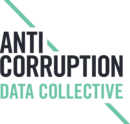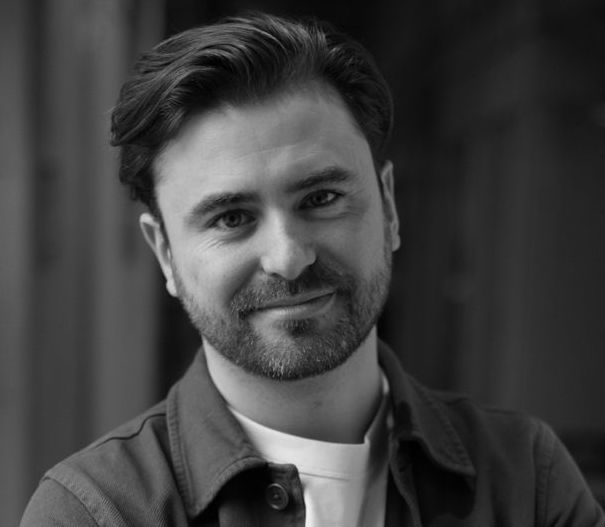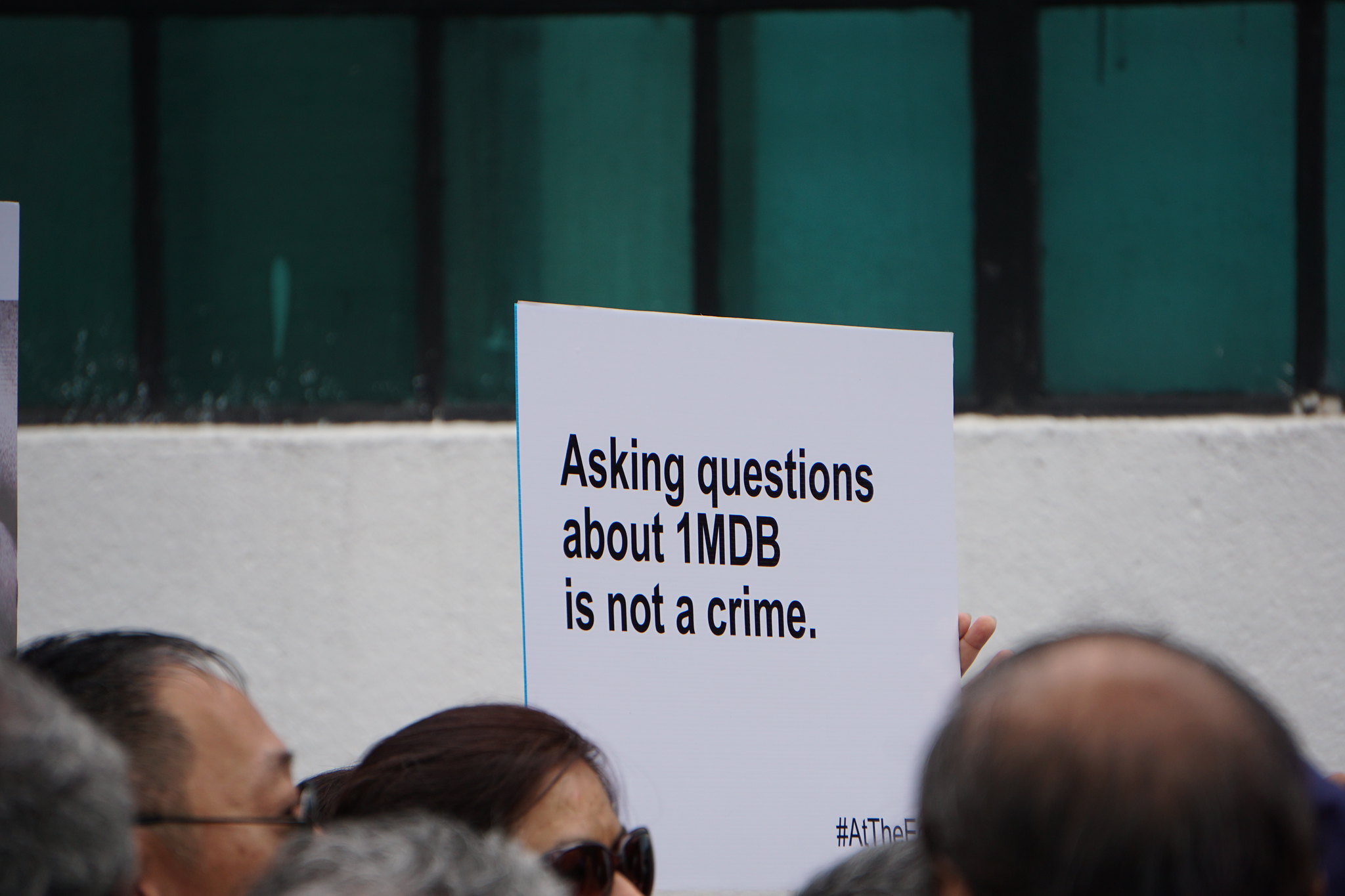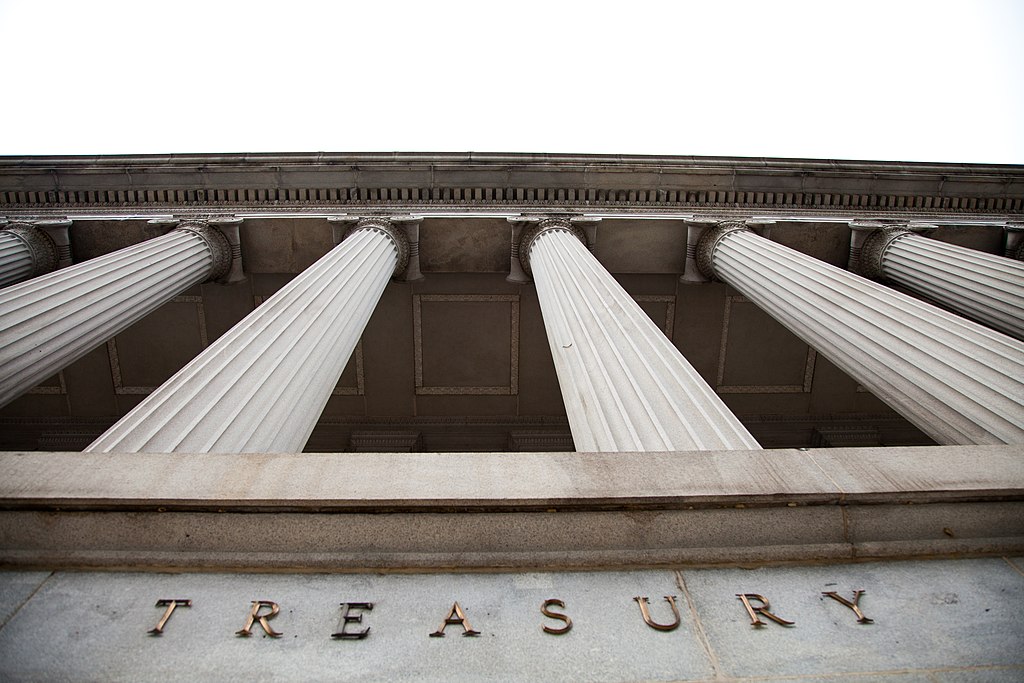Europe should keep Russia’s energy sector in focus
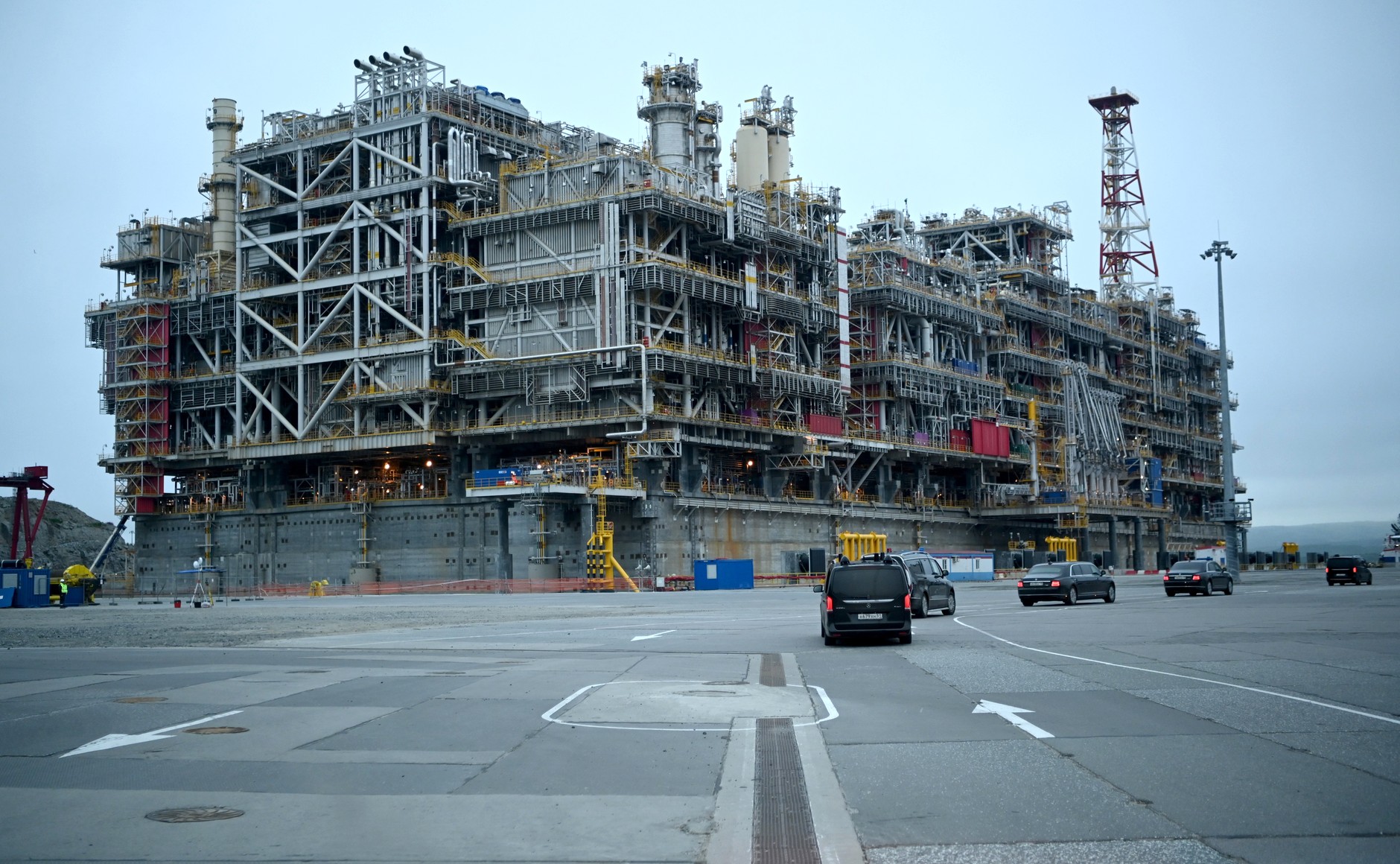
At the end of October, after months of in-depth research using customs records, satellite imagery and source interviews, ACDC’s media partners Der Standard in Austria, Der Spiegel and ZDF in Germany, and Le Monde in France, published a series of articles revealing how European engineering companies had continued supplying critical hardware and services to Arctic LNG 2, a huge new gas extraction, liquefaction and export project in the far north of Siberia, months after Russia invaded Ukraine in February 2022.
Arctic LNG 2 is a ‘carbon bomb’ with capacity once complete to cool and export almost 20 million tonnes of LNG per year. Although it is majority owned by the privately held Russian gas firm Novatek, Arctic LNG 2 is seen as a personal prestige project for President Putin. Putin himself launched the first part of the project earlier this year – on schedule in no small part thanks to the deliveries revealed in our partners’ reports.
For the investigations in German-language outlets, ACDC members Paper Trail Media and Data Desk honed in on Linde Plc, a German-founded engineering company now headquartered in Ireland. Linde has been central to the development of Arctic LNG 2. From 2017 to 2021 it was part of a joint venture for planning the construction of the project. In 2018, it signed a contract to supply the heat exchangers: the critical component that cools that natural gas into liquid form.
After the invasion of Ukraine, the EU announced export restrictions on strategic hardware to Russia, which would come into force at the end of May 2022. According to Russian customs data analyzed by ACDC, Linde delivered about 1500 tons of equipment to Arctic LNG 2 that arrived on June 1 2022.
The investigation by Le Monde focused on French engineering company Technip, which signed a major €7.6 billion contract with Arctic LNG 2 in 2019. The company hurried to deliver hardware in the window before sanctions took effect, then announced it would exit Arctic LNG 2 in October 2022 — a year almost to the day before the investigations ran. Using data and analysis provided by Data Desk, Le Monde highlighted two shipments from Technip to Russia after the export restrictions came into force. Technip has stated that these included only non-sanctioned items.
The markets nonetheless reacted furiously to the Le Monde article, with a 13 per cent drop in Technip’s share price on the day of publication, reducing the company’s market value by €550 million.
From the outset of this project — which was supported by the Investigative Journalism for Europe (IJ4EU) fund — ACDC’s goal has been to move Arctic LNG 2 further up Western policymakers’ list of priorities. The Russian energy sector relies enormously on Western technology and expertise. Previous investigations by Data Desk have shown how US-based Baker Hughes, the UK’s Hill & Smith and Italian company Saipem all supplied equipment to Arctic LNG since February 2022.
The energy sector is enormously strategic for the Kremlin, and projects in the Arctic are important to its expansion. As ACDC’s co-founded Zoe Reiter wrote in Foreign Policy the day after the investigations ran:
“Arctic LNG 2 puts within reach something Putin has long dreamed of—year-round shipments of gas via the Northern Sea Route from the Barents Sea to the Bering Strait. Compared to the Suez Canal, the Northern Sea Route cuts the journey time almost in half, and more importantly for Putin, keeps traffic flowing within Russia’s exclusive economic zone.”
In September, the US imposed sanctions on companies and tankers linked to Arctic LNG 2. Then, two weeks after our investigations ran, the US State Department announced sanctions against the main company operating the project, LLC Arctic LNG 2: a joint venture between Novatek and a consortium of international investors.
TotalEnergies has a 10 percent stake in Arctic LNG 2, and a 21.5 percent total interest via shares in Novatek. The French company said it was assessing the impact of the US sanctions. Total had already announced in March 2022 that it would not provide financial support to the project. Japan’s Mitsui & Co. and the state-owned JOGMEC together hold a 10 percent stake in Arctic LNG 2.
Energy Intelligence reports that countries like Japan and EU Member States with direct links to the US financial system will likely not be able to receive shipments from the first part of the project this winter. Moreover, specialist news site The Barents Observer reports, “The new sanctions will make it far harder for Novatek to work with foreign partners and obtain the technology needed for the building of the remaining parts of the project.”
Welcome as this is, it is critical that Europe follows the US lead. One clear take-away from the recent reporting is that European companies have close and long-standing ties to their partners in the Russian energy sector. Linde and Technip signed contracts with Novatek even after the US placed it under sanctions after Crimea. And they were willing to go down to the wire to honor their contracts – even as pressure for Western companies to quickly exit Russia mounted, and the horror of Russia’s full-scale invasion of Ukraine unfolded before the world’s eyes.
Tough action is therefore needed from Brussels to stop other upstream projects in Russia coming online with the help of European companies.
A new round of EU sanctions against Russia is currently being negotiated. However sources have told Bloomberg that the focus of this 12th package of sanctions will be on diamonds and dual use technologies. Meanwhile, Europe continues to import record amounts of LNG from Russia.
Arctic LNG 2 has long been on European policymakers’ radars. Back in 2021, a group of German, French and Italian Members of the European Parliament urged their governments not to insure exports to it through official agencies, citing environmental and human rights concerns. Russia’s invasion of Ukraine has only made such political interventions more urgent.
Writing in Euractiv, Zoe Reiter and Oleh Savytskyi from Ukrainian environmental NGO Razom We Stand, urged the European Commission to target the companies involved in Arctic LNG 2. Echoing an appeal from a coalition of researchers and civil society organizations, they also called for the EU to broaden existing export restrictions on hardware to prevent other upstream projects in Russia coming online with the help of European technology and expertise.
“European energy security does not in any way depend on Russia expanding its LNG export capacity,” they write. “Rather than repeating mistakes of the past and entrenching dependence on Russian gas, all member states should hasten their transition to renewable energies and reduce their dependence on shock-prone fossil fuels – particularly when this dependence creates risks to Europe’s security.”
The coming weeks will tell whether the EU is listening.
The production of this investigation was supported by a grant from the Investigative Journalism for Europe (IJ4EU) fund.
